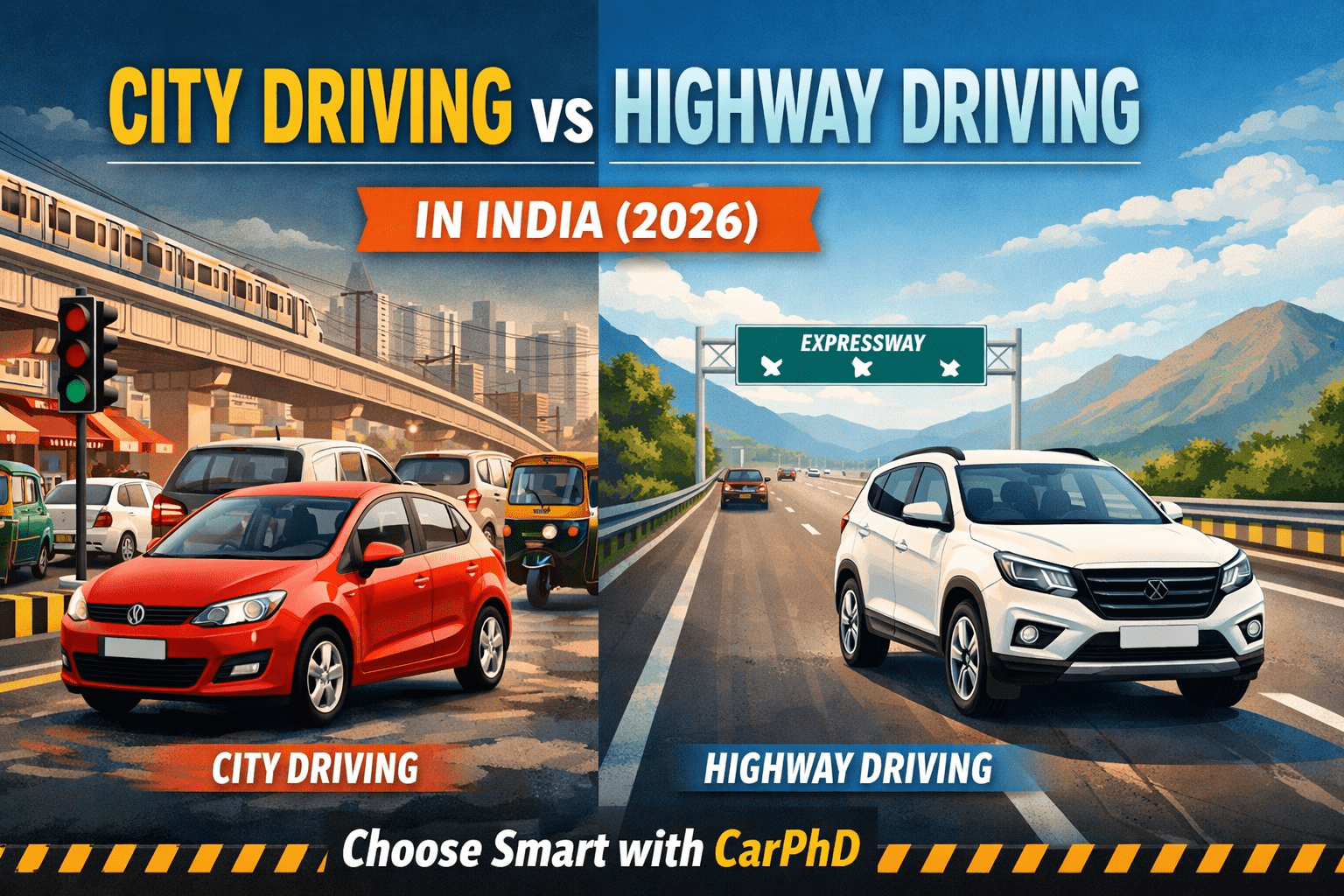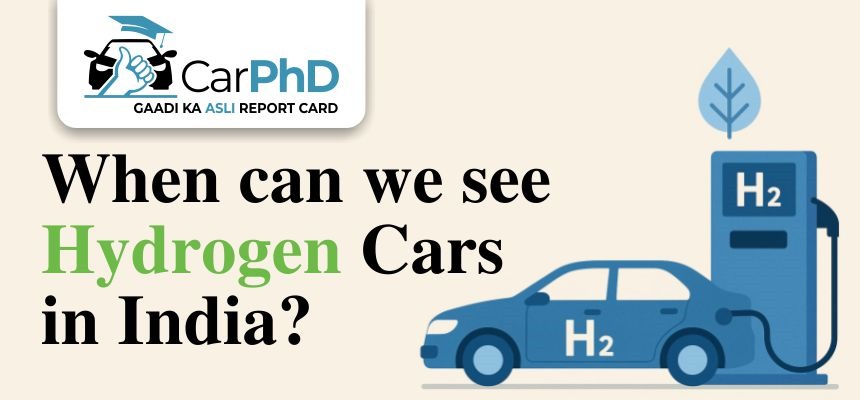Hydrogen-powered cars have been making headlines worldwide as a promising alternative to traditional fossil-fuel vehicles and even electric cars. But when can we expect to see them on Indian roads? While India has been actively working on its hydrogen strategy, several challenges must be overcome before hydrogen-powered vehicles become mainstream.
India’s Push for Hydrogen Fuel
The Indian government has recognized hydrogen as a key component of its clean energy transition. Under the National Green Hydrogen Mission, launched in 2023, India aims to become a global hub for green hydrogen production. This includes incentives for research, development, and production of hydrogen fuel, which will play a crucial role in the transportation sector.
Major automobile companies like Toyota, Hyundai, and Tata Motors have expressed interest in bringing hydrogen fuel cell vehicles (FCEVs) to India. In fact, Toyota recently showcased its Mirai hydrogen car as part of pilot projects in collaboration with Indian Oil Corporation (IOC).
Challenges Hindering Hydrogen Car Adoption
Despite the enthusiasm, several roadblocks are slowing down the adoption of hydrogen cars in India:
1. Lack of Infrastructure – India currently has only a handful of hydrogen refueling stations, making it impractical for consumers to own FCEVs. Without widespread infrastructure, mass adoption remains a challenge.
2. High Cost of Production – Hydrogen fuel cell technology is expensive, and green hydrogen production (using renewable energy) is not yet cost-effective in India. Until prices drop, hydrogen cars will remain out of reach for most consumers.
3. Storage and Distribution Issues – Hydrogen is highly flammable and requires specialized storage and distribution networks. Setting up safe and efficient hydrogen supply chains will take time and investment.
4. Competition from EVs – With the government promoting electric vehicles (EVs) through subsidies and incentives, EV adoption is growing rapidly. Since EV infrastructure is already developing at scale, hydrogen cars may struggle to compete unless they offer clear advantages.
What’s the Timeline?
While hydrogen-powered buses and trucks may hit Indian roads sooner due to fleet-based refueling stations, hydrogen cars for private use are still a few years away. Experts predict that India could see commercial hydrogen cars by 2030, but mass adoption will depend on infrastructure development and cost reductions.
Until then, India will likely focus on hydrogen in industrial applications and heavy transport, where it has a stronger economic case. However, with continued investment and innovation, hydrogen cars could become a reality in India within the next decade.
Would you consider buying a hydrogen car if they became available?


